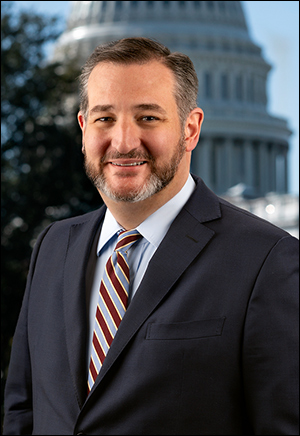By Jim Ellis — Thursday, June 15, 2023
President
Robert F. Kennedy Jr.: New Polls — Robert F. Kennedy Jr. continues to mount a challenge to President Joe Biden, and three new Democratic primary polls were recently released, two national and one in California, providing new benchmarks. While Kennedy is not even within shouting distance of the president in any of the polls, they do, however, again largely show that the incumbent is not universally accepted within his own party.The Issues & Insights TIPP poll (May 31-June 2; 1,230 registered voters likely to vote in a Democratic primary; online) finds President Biden topping Kennedy, 68-12 percent, with four percent going to author Marianne Williamson. The Suffolk University poll conducted for USA Today (June 5-9; 293 likely Democratic primary voters) projects Biden with only 58 percent support, while Kennedy captures 15 percent and Williamson six percent. Emerson College sampled the California electorate (June 4-7; 1,056 registered California voters; multiple sampling techniques) and posts President Biden with a 72-17-7 percent advantage over Kennedy and Williamson in the Golden State primary.
While President Biden is secure for renomination, Kennedy is exceeding expectations in the early states, which might place him in position to run on the No Labels Party ticket that may be formed in April of next year.
Vivek Ramaswamy: Not Dropping Out — Media reports surfacing earlier this week that Republican presidential candidate Vivek Ramaswamy was going to announce he was withdrawing from the race and endorsing former President Donald Trump at his Tuesday morning news conference in Miami proved erroneous. While Ramaswamy, who is well on his way to securing a debate podium at the first Republican presidential debate on Aug. 23, did not suspend his campaign, he did become the first candidate to say he would pardon Trump if elected president.
Governor
Indiana: Ambassador Donnelly Won’t Run for Governor — A former campaign manager for, and longtime associate of US ambassador to the Holy See Joe Donnelly (D) said speculation that Donnelly would return to Indiana to run for governor next year is false. The ambassador of the United States to the Holy See is the official representative of the United States of America to the Holy See, the leadership of the Catholic Church. The spokesperson indicated that the ambassador will continue to serve in his present post and not become a political candidate in 2024.
Prior to accepting the ambassadorship, Donnelly represented Indiana in both the House and Senate. He served three terms in the House before being elected senator in 2012. He was defeated for re-election in 2018. There was further speculation suggesting if he would return to Indiana to run for governor and that former House Speaker Nancy Pelosi (D-CA) would be appointed as the replacement ambassador.
Washington: AG Leads Open Gov Race — Public Policy Polling, surveying for the Northwest Progressive Institute (released June 9; 773 registered Washington voters), finds Attorney General Bob Ferguson (D) leading the jungle primary with 25 percent support. Republican physician Robert Garcia is second with 17 percent backing followed by Richland School Board member Semi Bird (R) at 10 percent. Democrats Hillary Franz, the Public Lands Commissioner, and state Sen. Mark Mullett (D-Issaquah) trail with nine and eight percent, respectively.
Ferguson claims to operate his early campaign as an “exploratory committee,” but Washington has no such legal designation. Therefore, technically, Ferguson is an announced candidate as are the others. Gov. Jay Inslee (D) is not seeking a fourth term next year. The jungle primary is scheduled for Aug. 6, 2024. The top two finishers, regardless of political party affiliation and percentage attained will advance into the general election.



